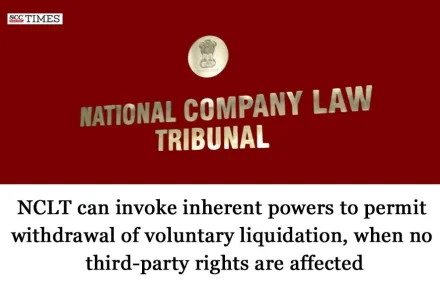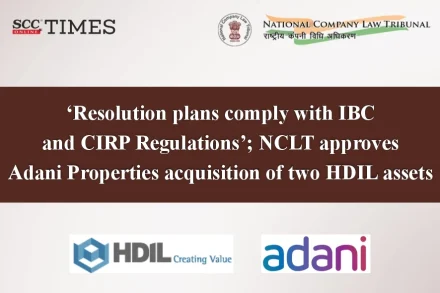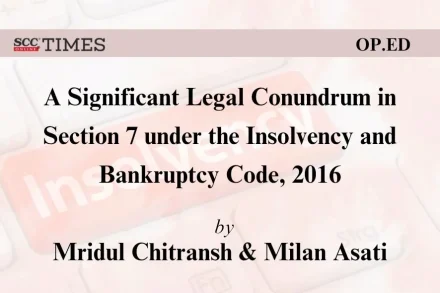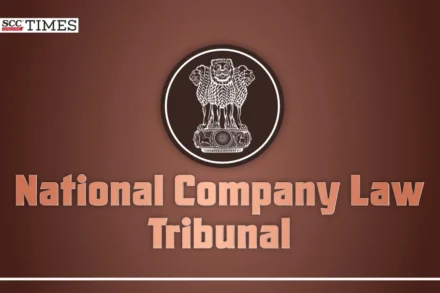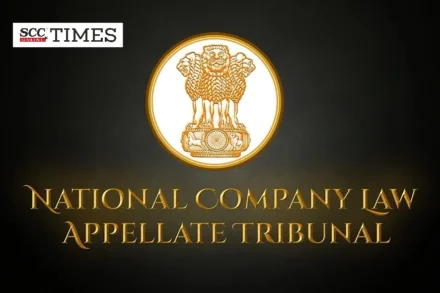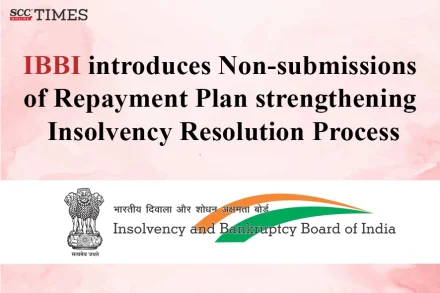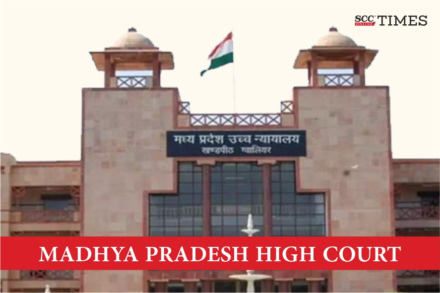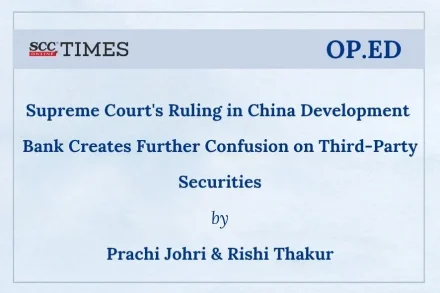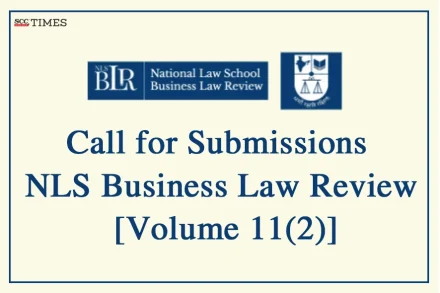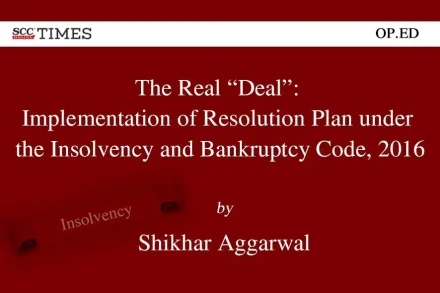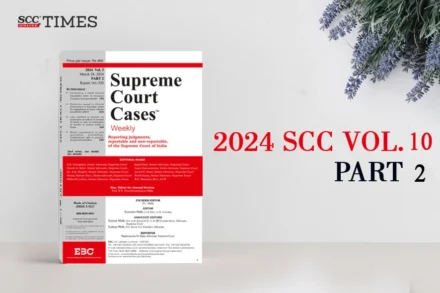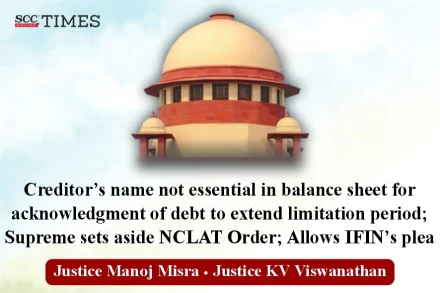
Creditor’s name not essential in balance sheet for acknowledgment of debt to extend limitation period; Supreme sets aside NCLAT Order; Allows IFIN’s plea
The judgment reaffirmed the principle that entries in a corporate debtor’s balance sheet can constitute an acknowledgment of liability under Section 18 of the Limitation Act, provided they indicate a subsisting jural relationship between the parties, even if the financial creditor is not named explicitly. The Court emphasised that such entries must be interpreted liberally and in context, considering the overall tenor of the balance sheet and the surrounding circumstances.



